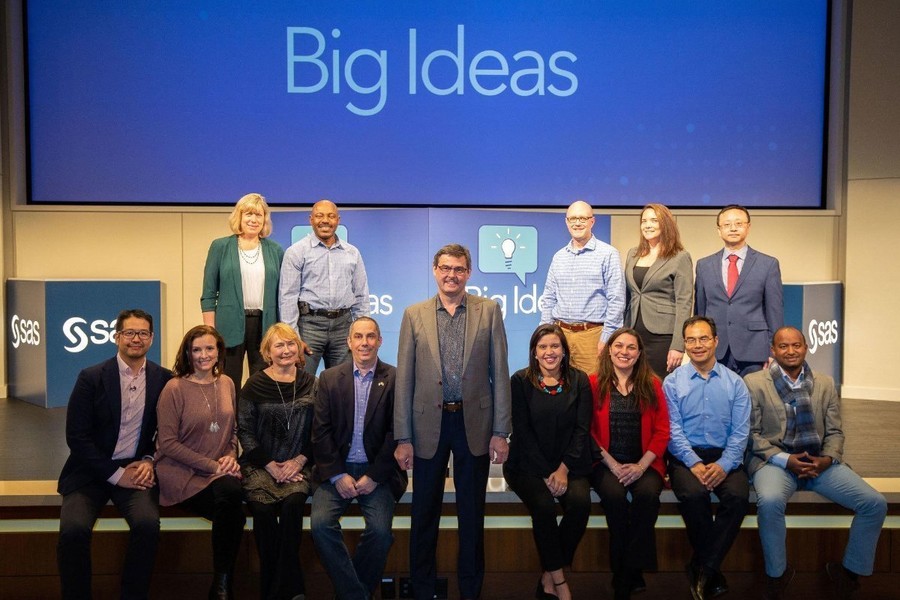
Big Ideas 2018: Rethink your life. Rethink your stuff. Rethink consumerism.
In 2018 I was selected along with 13 of my peers to present my Big Idea at the annual Big Ideas event, hosted by Executive Vice President, Chief Operating Officer and Chief Technology Officer at SAS Oliver Schabenberger.
About Big Ideas:
SAS’ Big Ideas series is modeled after the popular TED Talks, which are short (less than 18 minutes), high-energy presentations that leave viewers inspired, curious and motivated. Presenters ditch the lengthy, wordy PowerPoint decks and only use visuals that enhance their story.
About my Big Idea:
David had the perfect life – great wife, great job, big house, lots of stuff – but he was stressed and miserable. And he didn’t know why. That is, until he was looking over his weekend to-do list and had an epiphany. His stuff was making him miserable. If he got rid of the stuff, he surmised, his to-do list would be empty. So, that’s what he set out to do. That and practice thoughtful consumerism going forward. He did it using a five-step plan, and as a result, he has more time, life is cheaper and his relationships are better. He feels more at peace and fulfilled.
Below is the transcript/script from my talk, delivered December 11, 2018.
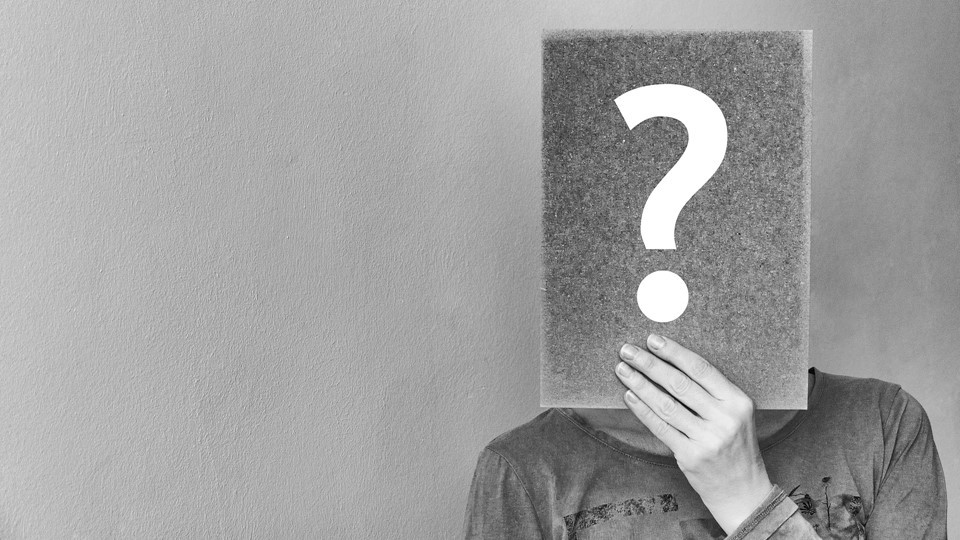
Show of hands – who here admits to getting stressed? We all do, right? I know I do. What contributes to that stress? What are the main factors?
- Your spouse?
- Children?
- Money? Finances? Paying for that college?
- Your health? Maybe a family member who’s ill?
- What about work? Big Project? A big presentation you have to give?
What if I told you that there’s a major source of stress in our lives that we don’t think about. It’s our stuff.
Significant research has been done examining the relationship between our stuff, clutter, and materialism with stress, depression, and anxiety. All of these studies agree: our stuff is crowding our brain with excessive stimuli. This is adding to the already overwhelming stress most of us experience on a daily basis.
In turn, our brains are shutting down, limiting our ability to be creative. It also contributes to a general sense that we are never “done,” an overall lack of happiness and fulfillment, and leaves us unable to lead an inspired life.
Now I know what you are going to say: “But David, I love my stuff.”
You are right – we love our stuff, and we love to buy stuff. We are notorious consumers. It’s part of our culture and it’s ingrained in the fabric of our society, especially for Americans.
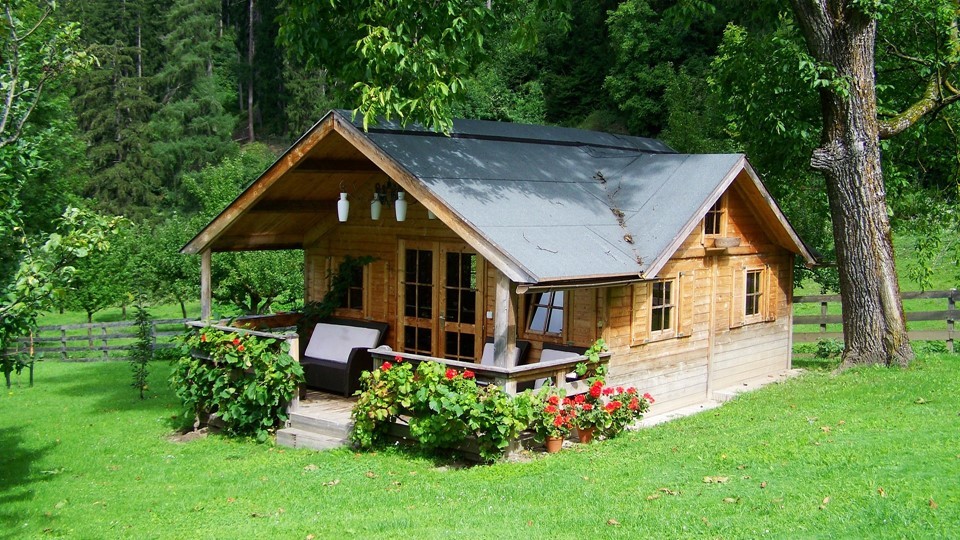
It starts with our homes. They are getting larger and larger. In 1973 the average new home was 1,660 square foot. By 2017 that grew to 2,631 square feet. That’s an increase of almost 1,000 square feet of additional living space. And this happened in my lifetime.
And you know what happens with all that space – you gotta fill it up with some stuff.
Need some proof? Americans represent 12% of the global population but are responsible for 60% of consumer spending. We spend $100 Billion on things like shoes and jewelry – more than we spend on college! Oh and our children – they represent 3% of global kids but have 40% of all toys on Earth!
And we can’t just blame that on the grandparents!

And when do we buy all this stuff? All year of course, but what about the holiday shopping and it’s biggest shopping days – Black Friday and Cyber Monday?
I am sure there are some here who braved the stores this year.
Most recent statistics indicate that shoppers spent $6.2 Billion on Black Friday. Another $7.8 Billion was spent on Cyber Monday a few days later.
And the cost is not just financial – according to a website that tracks such things, 11 people have died and 117 injured in the history of Black Friday shopping events.
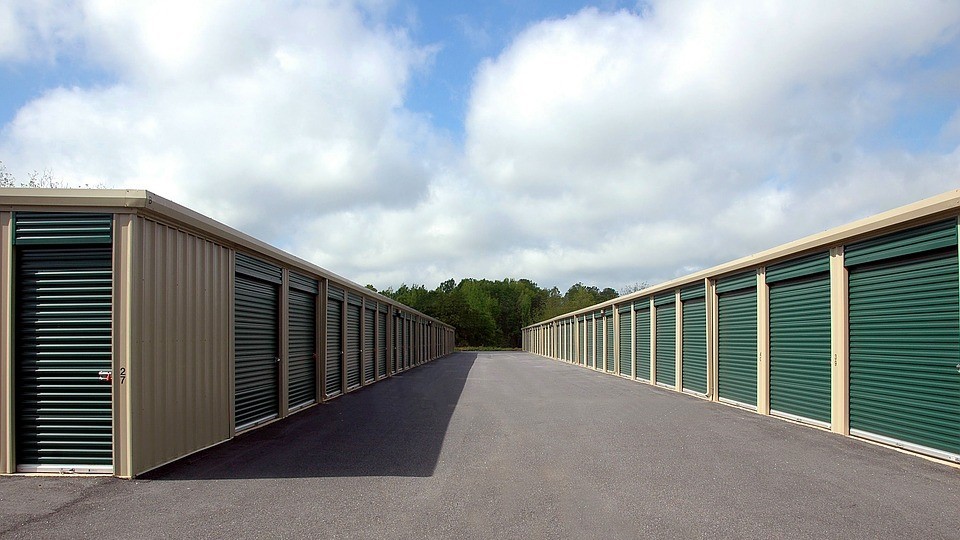
Here’s the interesting thing – we don’t even keep it around. We buy so much stuff that we rent storage units. A lot of storage units. Self-storage is a $38 Billion industry – 2.3 Billion square feet of storage.
Almost 10% of households rent one, at an average annual cost over $1,000.
Incredible.
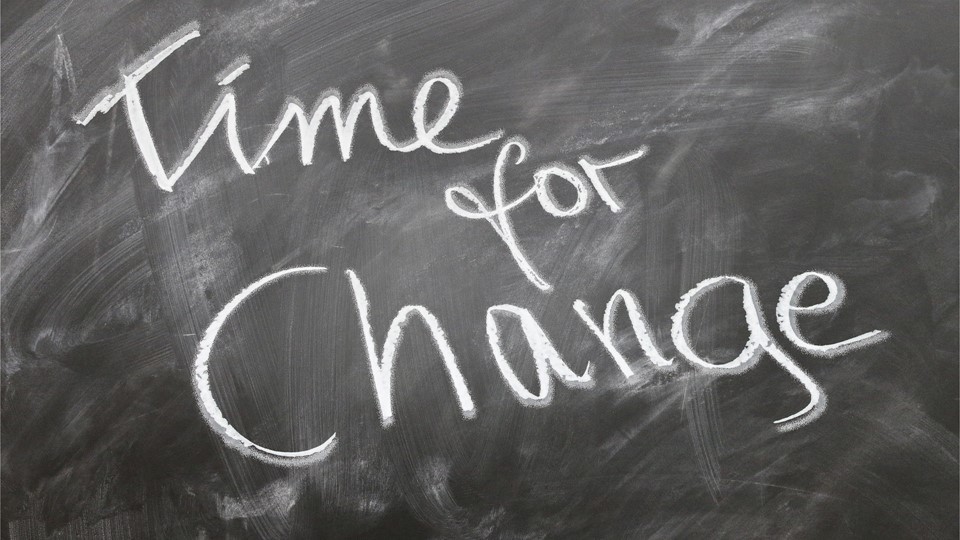
What does that have to do with me? More importantly what does it have to do with you?
I am here to tell you that it’s time for change. Each and every one of you can improve your lives. That your stuff is interfering with your ability to lead the happiest, most fulfilled, most inspired life possible. You can grow as a person by changing the relationship you have with your stuff.
Less is more.
It’s time to rethink your life. Time to rethink your stuff. Time to rethink consumerism.
How do I know this life improvement is possible? Because I did it. I’m going to show you how I did it, so you can too.
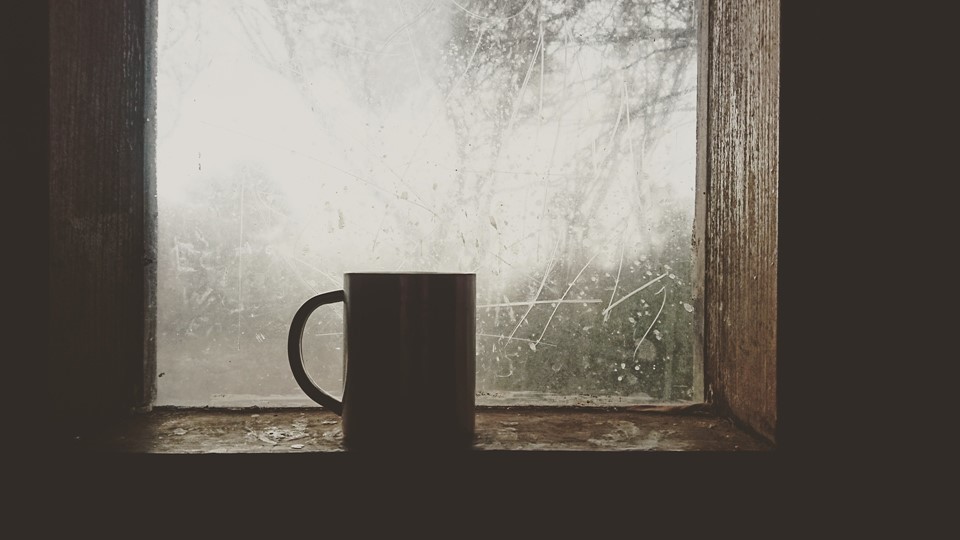
Three years ago I was living a great life, at least that’s what everyone would have thought. Great wife and marriage, great house, great job at a world-class company, financial security. Anyone looking at my life would say it was perfect.
Despite all of that I was unsettled. Unhappy. Unsatisfied with my life. Sleep was very difficult for me. I felt unhealthy. My mind was closed to new ideas. I was not performing at the level I expected, and I couldn’t figure out why.
I clearly recall the day and moment when it hit me. Because I couldn’t sleep, I was up at 4am one Saturday morning. The house was cold and dark. I was sitting in the kitchen alone drinking a cup of tea. In the quiet of that morning I got to pondering my life.
- Am I happy? Happy-ish
- Do I feel fulfilled? Sort of
- Does my life leave me inspired? Meh
I knew something was very wrong. I just couldn’t pinpoint it.

Until I saw the list on the counter – the to-do list of tasks I had to do that weekend. It was there every weekend, but for some reason it stood out that morning.
Now anyone who knows me well knows I love a list. I am quite happy when I am making a list, and even happier when I am crossing things off a list. But this list was different. Do this. Fix that. Buy this. Organize that. On, and on, and on.
I hated that list. But why? What was the problem exactly? We all have things to do, chores to accomplish. What was wrong with this particular list?
As I looked over the list, I realized that if I had no stuff, my list would be empty. That my stuff was the driver of all of the items on that list. My stuff had taken over my life. It was consuming me.
From that day, with my wife Julie, a goal was set: live in half the space, removing as much stuff out of our life as possible, ending up with none of the burdens of “the list.”
Sounds like a simple goal, right? We accomplished it, but it was far from simple. It was worth it – I am here to tell you that achieving that goal has changed my life for the better.
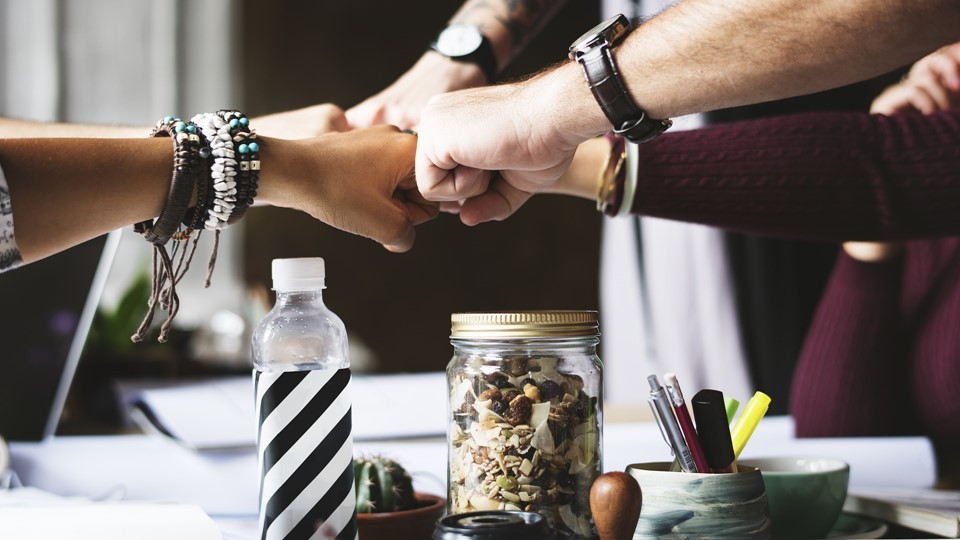
How did we do it? How did we downsize our house, get rid of our stuff, and live a list-free life?
5 Steps. That’s it – 5 steps.
Step 1: Set a goal and commit to the goal. It helps to have a partner in crime, someone to keep you focused on the goal. Julie and I agreed on the goal and continue to stay focused together on achieving it.
Step 2: Review and Purge. Then do it again. Then do it again. Keep doing it. Look at every item in your life with clear eyes. Nothing is off limits. Sell. Donate. Trash. It doesn’t matter how, just unweight your life.
Step 3: When consuming, consume thoughtfully. All consumption should be with a purpose that shows care and consideration. Resist impulse consumption. When you do add something to your life, rid yourself of multiple other things. One in, lots out.
Step 4: Forgive yourself for mistakes. We all make mistakes. Julie and I still do. Forgive yourself, commit to the goal, and move on. We had to learn to accept our mistakes and accept the fact that we may buy something and six months later it gets purged. Mistakes are part of life. Grow from them.
Step 5: Allow for yourself. For me, it’s my sock collection and my #sockgame. Seriously, it’s epic.
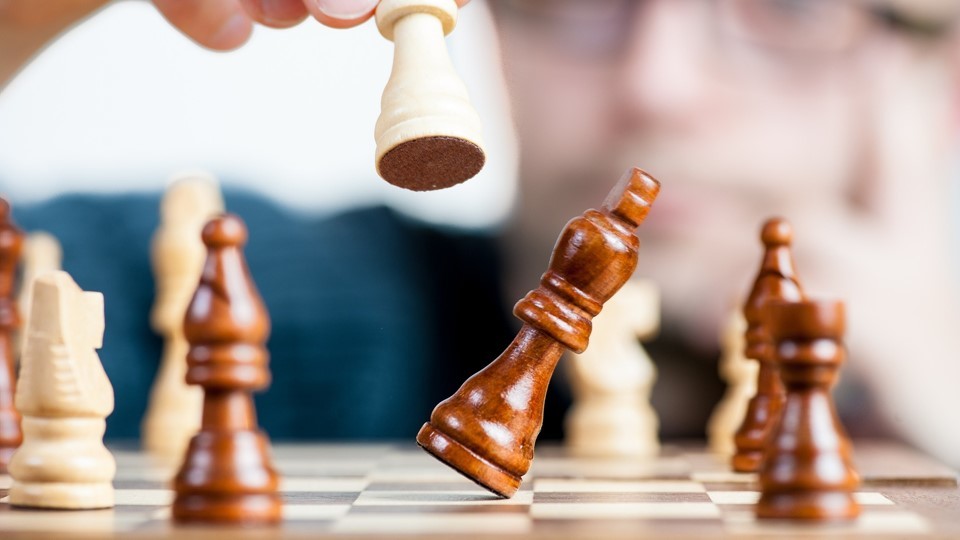
It wasn’t all easy. We had challenges along the way, but we overcame them because we had committed to the goal together and we knew our life would change. Some of these challenges pop up even today. There are 3 major challenges that stuck out:
The first challenge we experienced is the people in our life. We were challenging their norms, questioning what they believed their whole life. When talking to friends and family, we typically heard variations of:
What about your stuff?
- Well that’s the point, we don’t want it and we don’t need it
I wish I could do that but {kids | spouse | etc.} is holding me back.
- Improving your life can be accomplished while maintaining your responsibilities – it just takes commitment to the goal
The second challenge is sentimentality. This can be a major stumbling block when reviewing and purging. How many people here have that knickknack from Grandma? We developed strategies for this:
- Know that one person may have more sentimentality for items than the other. Julie is more sentimental than I am. Balance it.
- Allocate a small amount of space in your life for some sentimental objects. We have a very small display cabinet for a few items.
- Give it to someone who shares your sentimentality of the object.
- Accept that it doesn’t fit in your life and purge it.
The third challenge is laziness and Amazon Prime. How many of us have a Prime account? It’s just too easy to buy stuff from Amazon Prime. Especially after a long day/week and when you are feeling lazy. This is when you lean on your commitment to the goal, your partner, and thoughtfulness of consumption. It helped us to have a shared goal and someone to help with checking this behavior.

You may be asking yourself – did it work?
The results for me have been dramatic. Embracing thoughtful consumerism and changing the relationship I have with my stuff has been life changing.
The first major benefit is time. My time is now mine. I don’t spend the weekends taking care of my things. The weekends are spent doing things I want to do.
Second, life is cheaper. Not buying means not spending. I also don’t have the maintenance costs for the larger items in my life.
Third, my relationships are better. I have more to give to my marriage and my friends. More time. More energy. More me.
In short, my life is better – our life is better. Much better. I feel more at ease, more at peace, and more fulfilled.
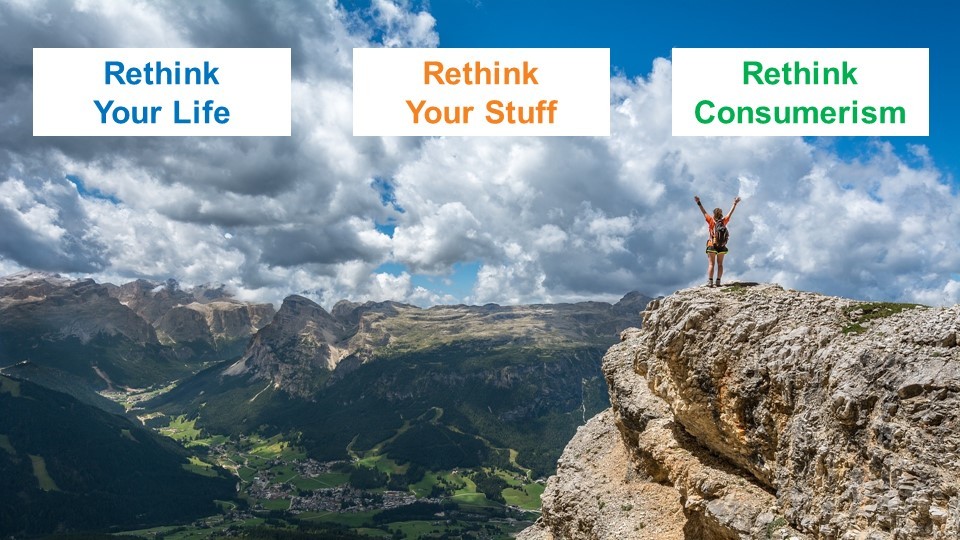
I will leave you with this: The value of your life is not measured by the stuff you fill it with. A truly happy, inspired, fulfilled life can be had (and I believe is far easier to achieve) without the overloading baggage of the material possessions we carry around.
We all need to rethink:
Are you living the happiest, most fulfilled, most inspired life possible?
Rethink your life.
Do you own your stuff, or does your stuff own you?
Rethink your stuff.
Is the way you consume negatively affecting your life?
Rethink consumerism.
Are you ready to improve your life?
What do you have to lose?
